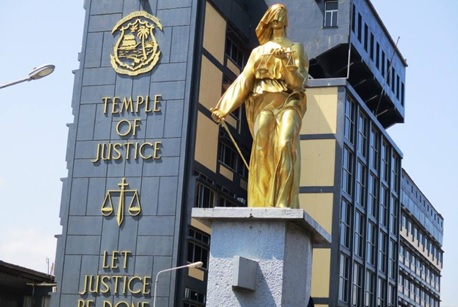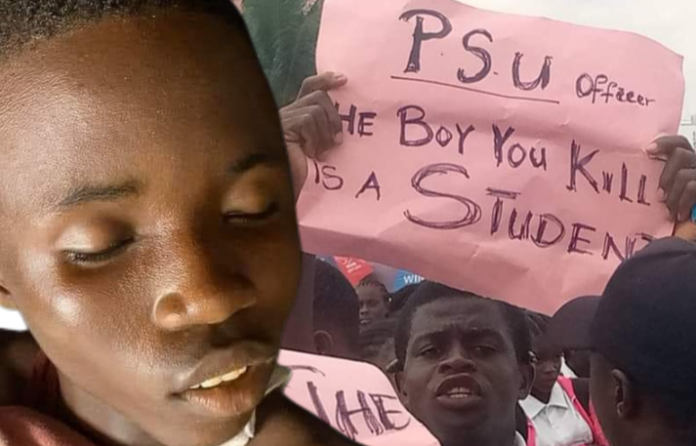MONROVIA – The Supreme Court of Liberia will today, July 4, 2024, hear arguments regarding the validity of President Joseph N. Boakai’s Executive Order No. 126, which established an asset recovery and property retrieval office. President Boakai issued this order on March 6, 2024, with the goal of enhancing governance transparency and accountability by creating an Assets Recovery Task Force under the Minister of State for Special Services.
The operations of the Task Force were halted by the court on March 28 after Gracious Ride Incorporated challenged the legality of the seizures of its vehicles. The Task Force claimed the vehicles were fraudulently acquired by a former government official, but Gracious Ride argued that asset recovery falls under the jurisdiction of the Liberia Anti-corruption Commission (LACC) and not a presidentially-appointed committee.
Despite an initial court ruling that dismissed Gracious Ride’s petition, the company appealed to the Supreme Court. Gracious Ride contends that the executive order oversteps the President’s authority by bypassing the LACC, which is legally mandated to handle asset recovery and corruption cases.
On the other hand, the government’s legal team argued that Gracious Ride failed to cite specific legal sections that the executive order allegedly violated. They maintained that the President has constitutional authority to issue such orders to ensure the effective governance and integrity of the public sector.
Today’s hearing will see both sides present their arguments to the Supreme Court, which will have to decide whether Executive Order No. 126 stands within the legal framework of Liberia’s constitution. The outcome of this case is highly anticipated, as it will set a precedent for the scope of presidential powers and the mechanisms for asset recovery in Liberia.
As Liberians await the Supreme Court’s decision, the case emphasizes the ongoing debate over the balance of power between the executive branch and established anti-corruption institutions. The ruling could have significant implications for the future of governance and accountability efforts in Liberia.







